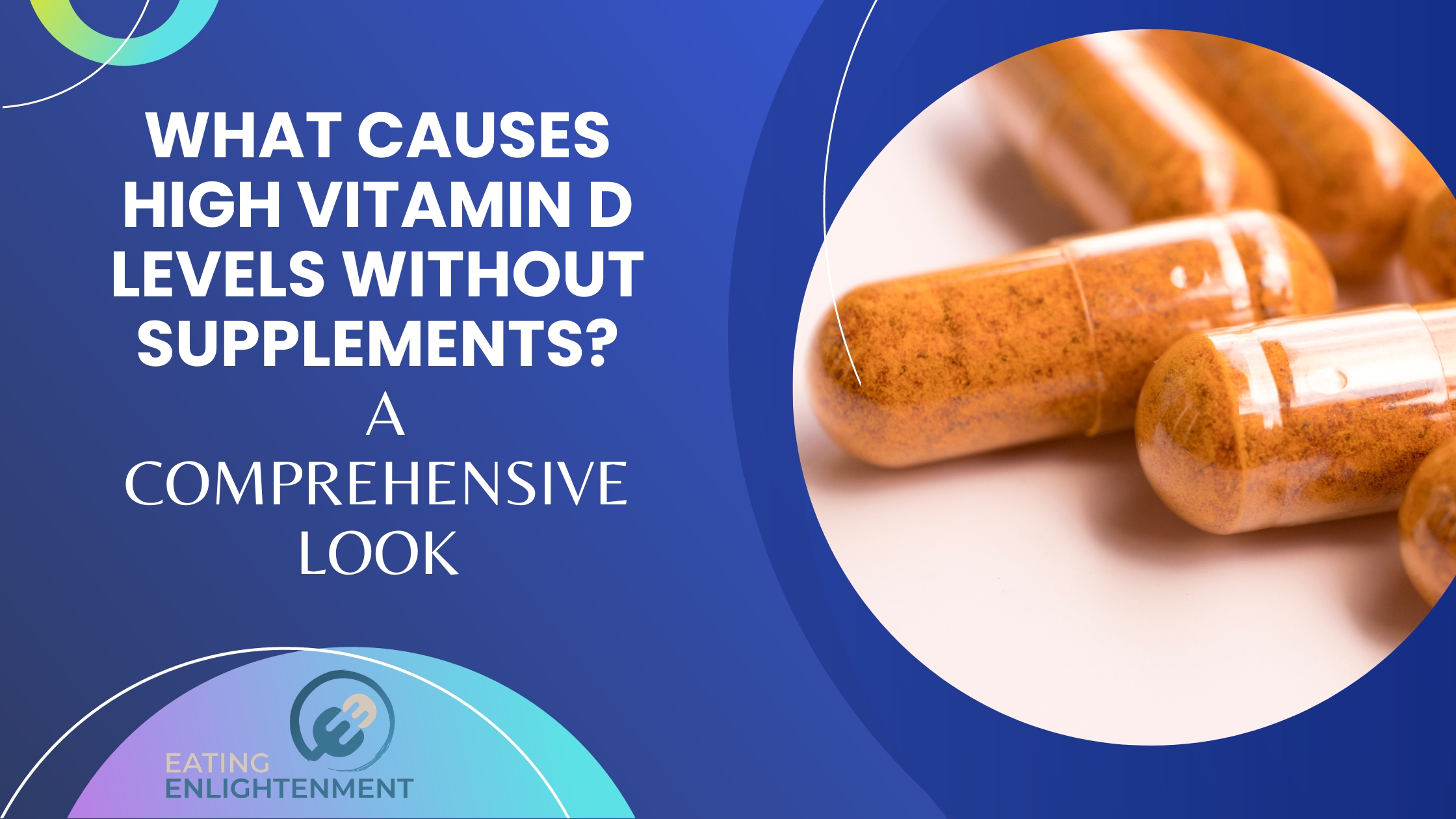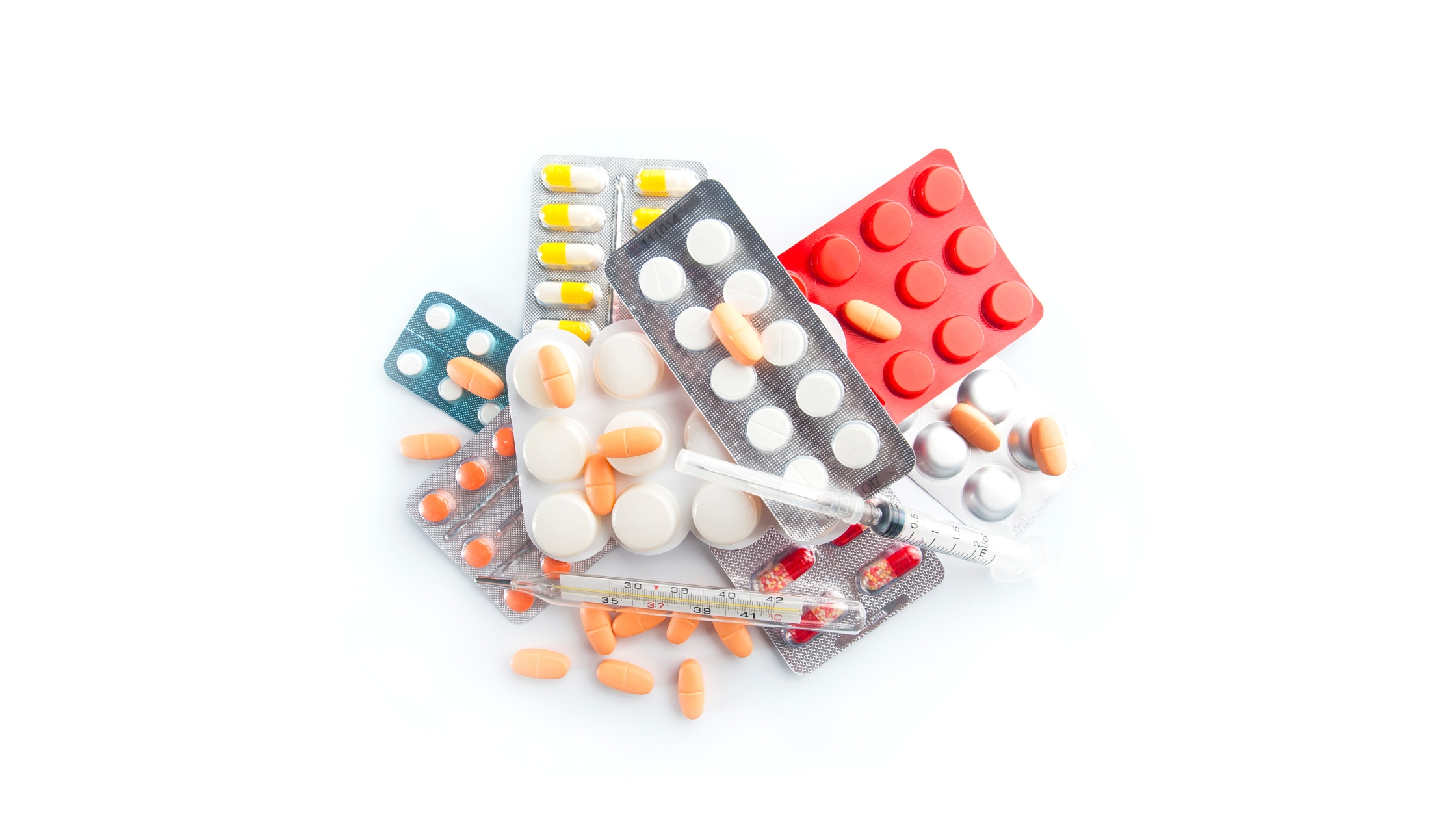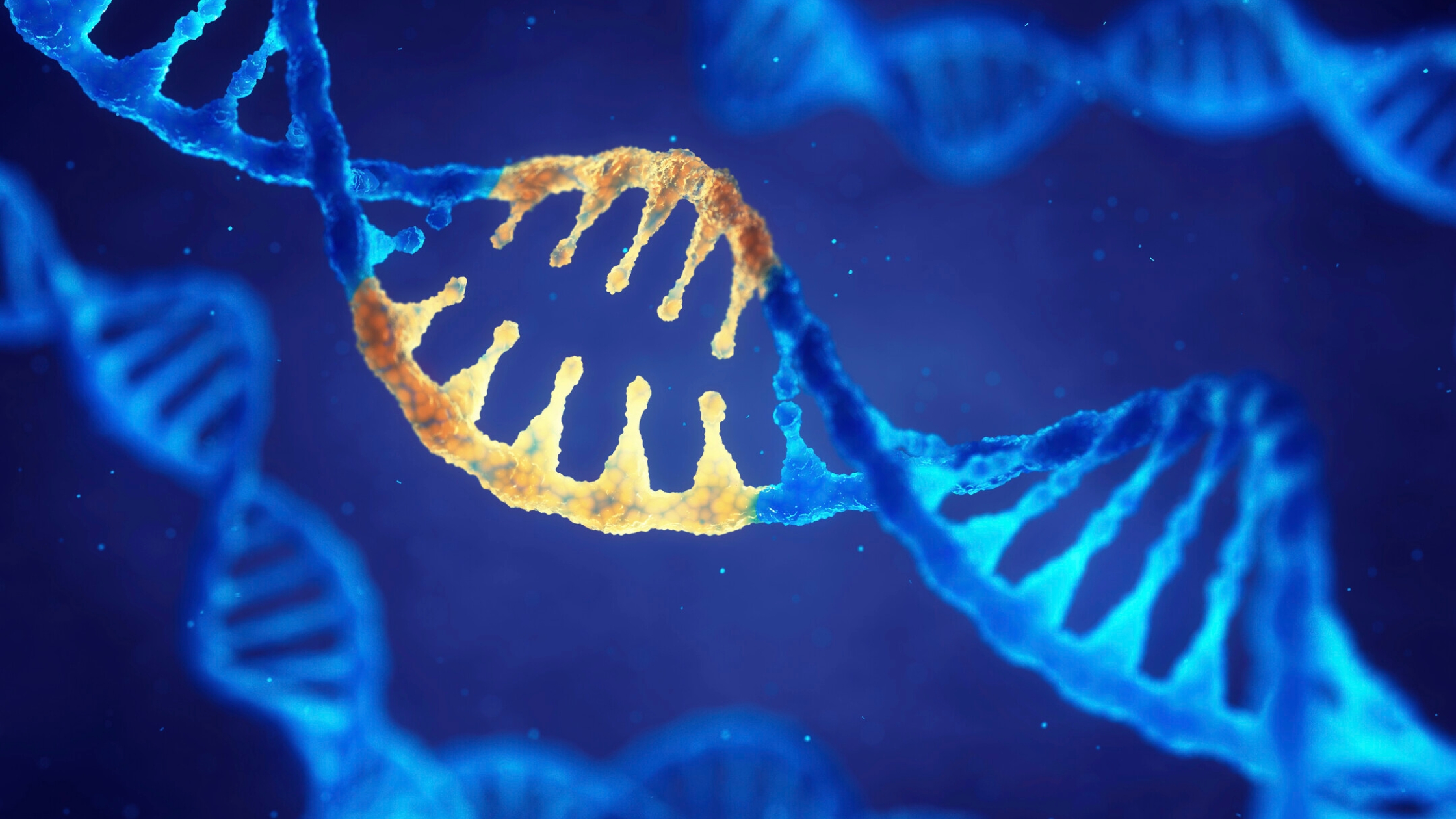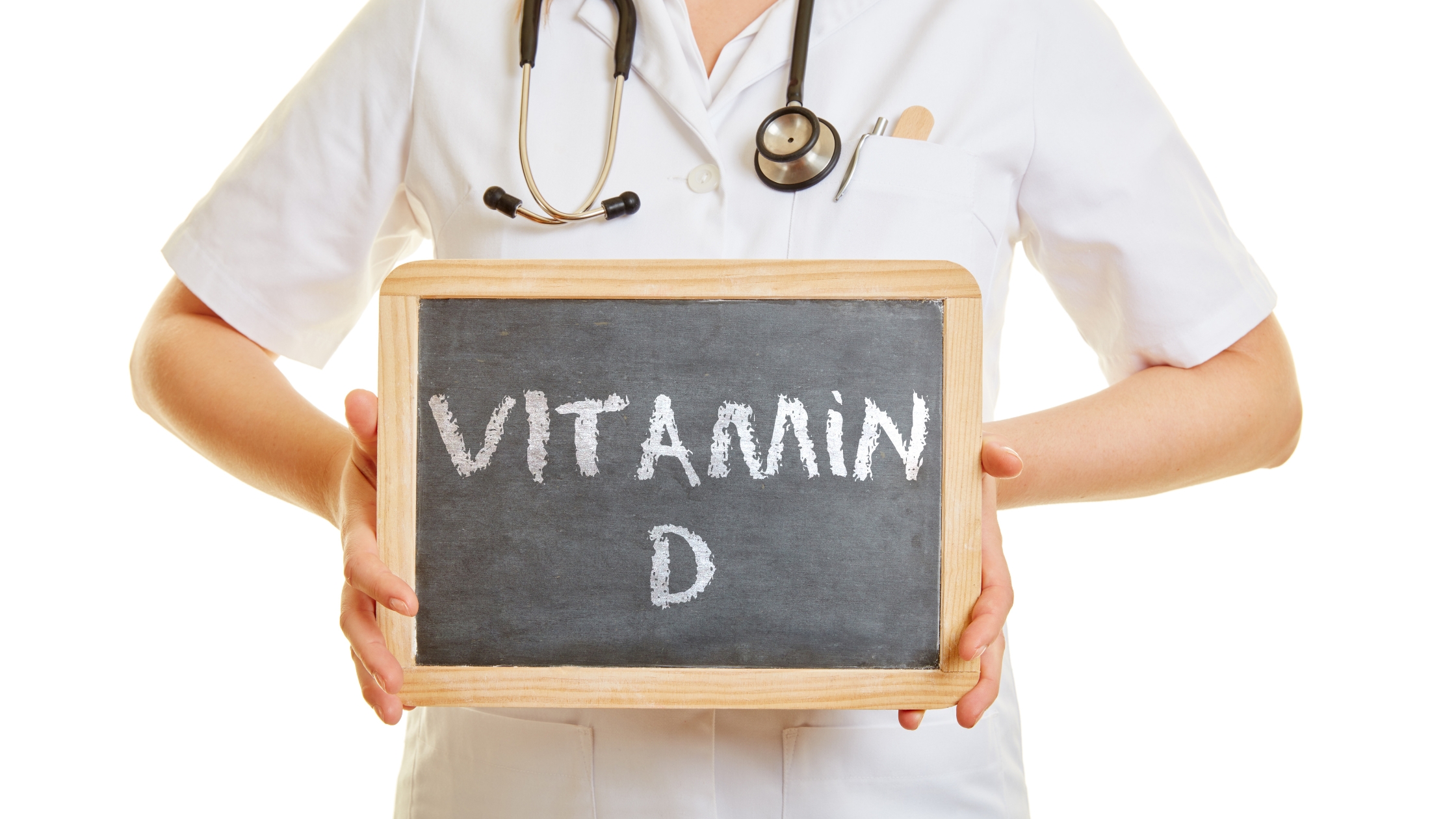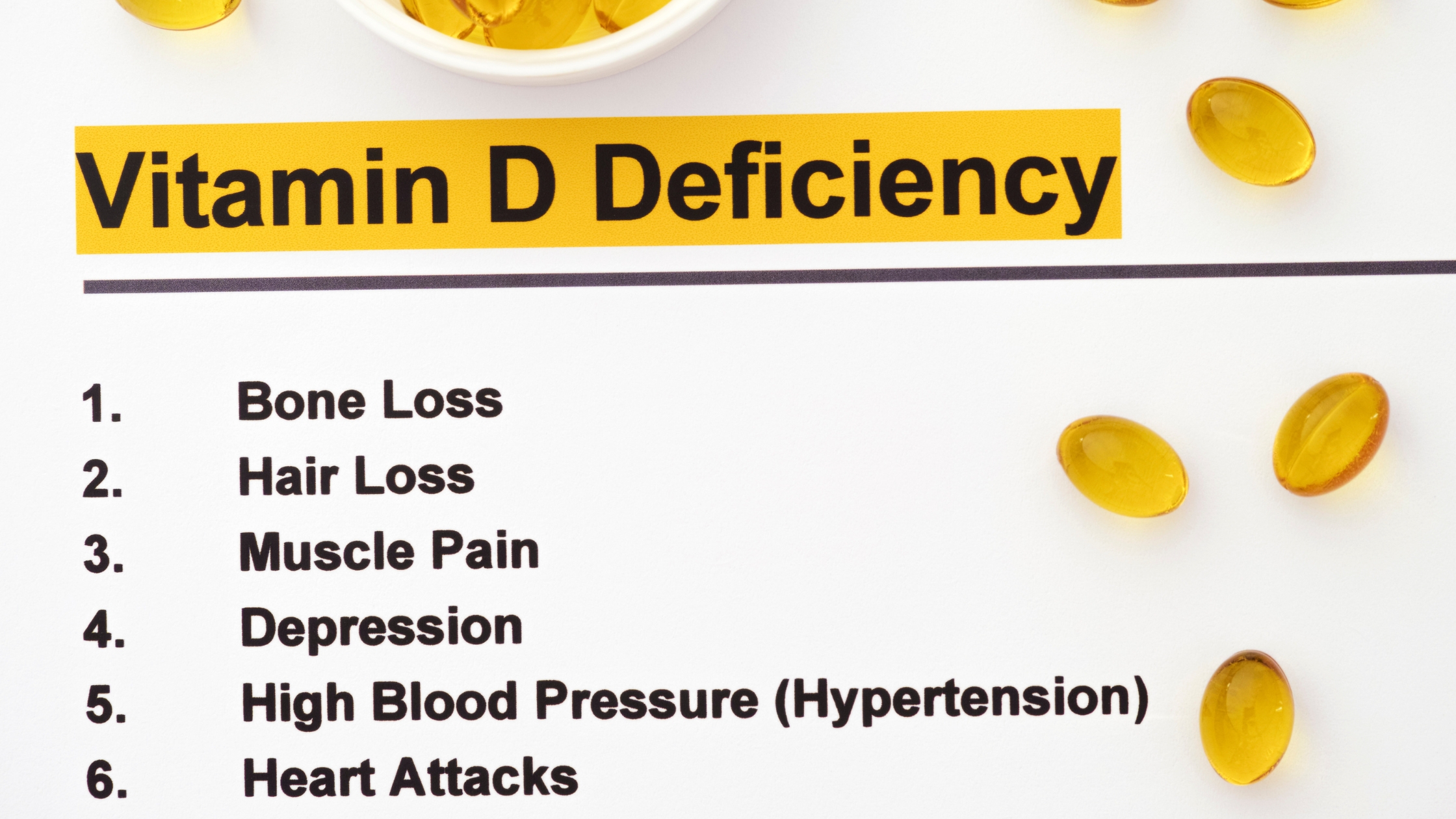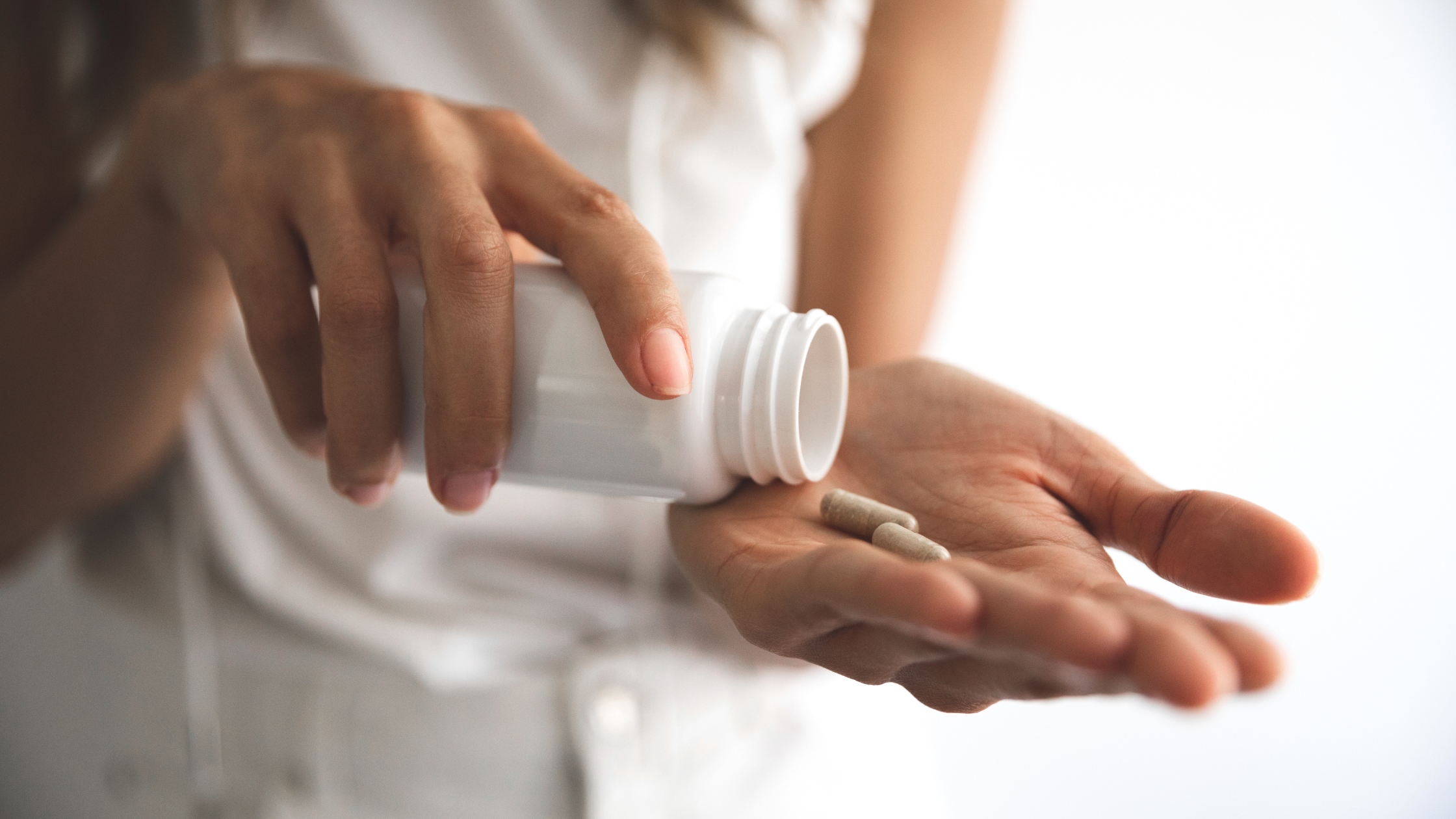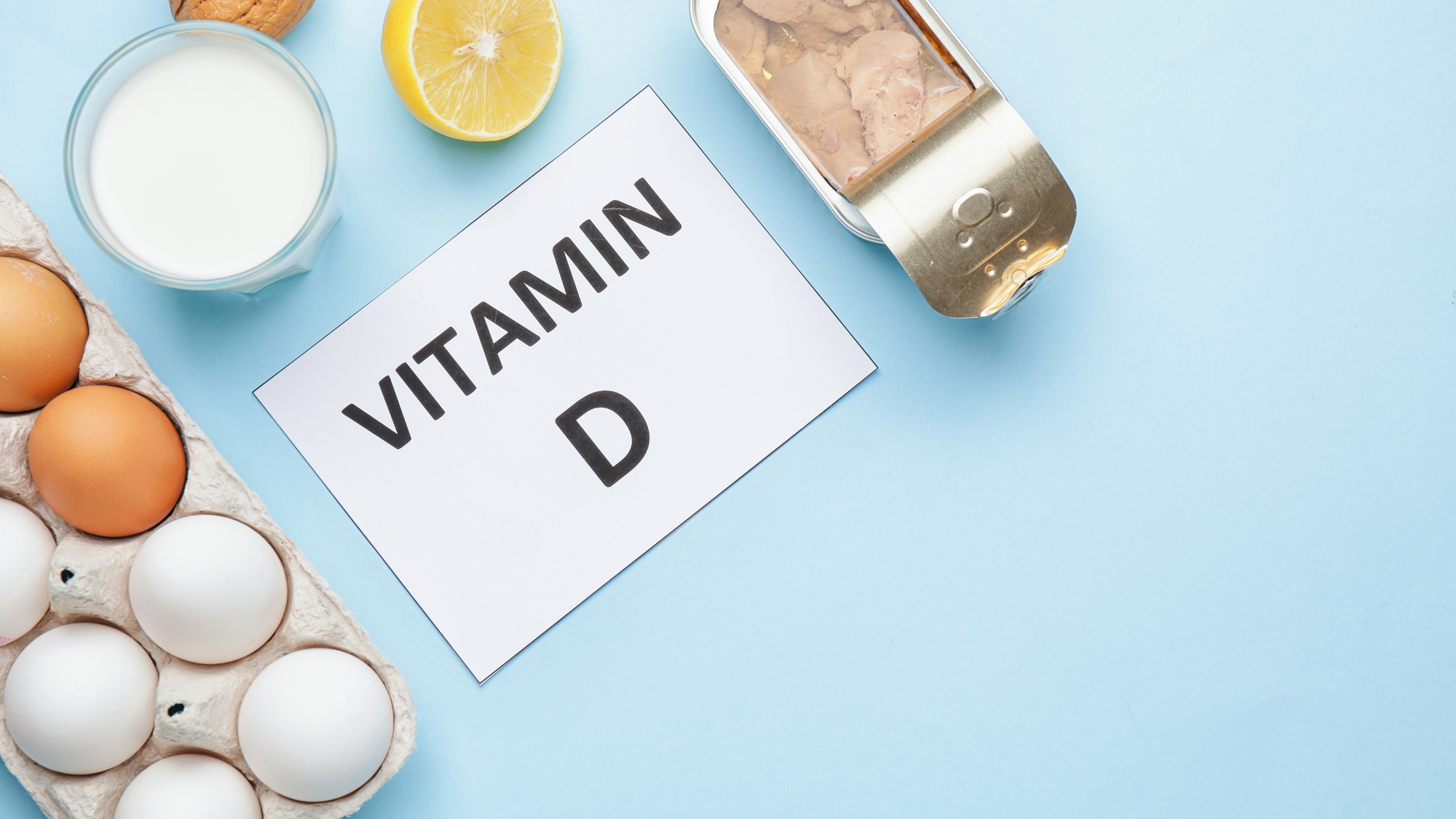Vitamin D is an essential nutrient that regulates calcium and phosphorus levels in the body.
It is necessary for healthy bones, teeth, and muscles and is vital to overall health. Most people get their daily dose of vitamin D from dietary supplements, fortified foods, and sunlight exposure. However, some individuals may experience high vitamin D levels without taking supplements.
This blog post aims to provide a comprehensive look at what causes high vitamin D levels without supplements.
Sunlight Exposure
The primary source of vitamin D is sunlight exposure.
When the skin is exposed to sunlight, it synthesizes vitamin D3, which is then transported to the liver and kidneys to be converted into its active form. Factors such as season, time of day, latitude, and skin color affect the amount of vitamin D synthesized.
People who live in areas with low sunlight, excessive sun exposure, or dark skin tones may require more prolonged exposure to sunlight to produce enough vitamin D.
Diet
Dietary sources of vitamin D include fatty fish, egg yolks, and fortified foods like dairy products, cereal, and orange juice. However, a high intake of Vitamin D-rich foods alone is unlikely to cause high vitamin D levels.
Furthermore, excess vitamin D from dietary sources is stored in the body’s fat tissues, which limits the amount of vitamin D that is absorbed.
Medical Conditions
Certain medical conditions can cause elevated vitamin D levels. These include primary hyperparathyroidism, lymphoma, sarcoidosis, cardiovascular disease, and tuberculosis, among others. These conditions affect the body’s ability to regulate calcium levels, increasing vitamin D production.
Medications
Some medications can also cause high vitamin D levels. These include thiazide diuretics, calcium supplements, and certain anti-seizure medications. The mechanism by which these drugs affect vitamin D production is complex and varies depending on the medication.
Genetics
Lastly, genetics may play a role in high vitamin D levels. Some individuals may have a genetic predisposition that makes them more efficient at synthesizing vitamin D from sunlight or absorbing it from dietary sources.
Vitamin D Supplement Safety
• Vitamin D is essential for health, but taking too much can lead to medical issues.
• Taking more than 4000 IU (100 mcg) of vitamin D daily may not be safe and can cause confusion, depression, and, in extreme cases, coma.
• It is important to follow recommended dosages when taking supplements and consult with a doctor first.
• Eating a balanced diet, regular exercise, and spending time outdoors in the sunshine can also help the body get the necessary vitamin D.
The Symptoms of Too Much Vitamin D
Let’s chat about Vitamin D and why it’s essential for our bodies. Vitamin D is a superstar nutrient that keeps our bones strong by helping us absorb calcium from our food.
It also plays a significant role in keeping our immune system – the body’s defense against germs – working at its best. We can get Vitamin D in three ways: from the sun, certain foods like fatty fish and fortified milk, and supplements.
But here’s the thing. Can you have too much of a good thing? In the case of massive doses of Vitamin D, the answer is yes. Taking more Vitamin D than your body needs can be harmful. This is called Vitamin D toxicity.
Vitamin D toxicity can make you feel pretty icky. You might lose your appetite or start losing weight without trying.
You could feel nauseous or vomit, feel thirsty, or pee a lot. Some people might feel tired and weak or have pain in their belly or bones. It can even cause confusion or disorientation.
What’s happening in your body when this occurs? Well, when there’s too much Vitamin D, it causes high calcium levels in your blood. This can affect your bones, blood vessels, and tissues and make you feel sick.
So, what can we do about this? The answer is simple: balance. Just like Goldilocks wanted her porridge ‘just right,’ our bodies need just the right amount of Vitamin D – not too little or too much. And remember, everyone is different, so the ‘right’ amount for you might differ from your best friend or brother.
Before you start taking any new supplement, it’s always a good idea to chat with a healthcare professional.
They can help you understand if you need a supplement and how much to take. Caring for our bodies is a team effort, and doctors are an essential part of that team. So, let’s ensure we’re all working together for your healthiest self!
What Is Vitamin D Toxicity
Vitamin D toxicity, also known as hypervitaminosis or vitamin D intoxication, happens when you have too much vitamin D in your body. This usually happens if you take very high doses of vitamin D supplements.
When there’s too excessive calcium and too much vitamin D, it causes a condition called hypercalcemia, which means there’s too much calcium in your blood. This can lead to problems like loss of appetite, nausea, vomiting, weakness, and high blood pressure.
It’s always important to take the right amount of vitamin D, like other vitamins or minerals. Always talk to your doctor or a dietitian before starting any new supplement.
Remember, balance is critical when it comes to our health.
What Causes Vitamin D Toxicity?
Vitamin D is an essential nutrient that helps our bodies absorb calcium for strong bones and teeth, supports our immune system, and helps keep our mood balanced.
The leading cause of having too much Vitamin D, also known as Vitamin D toxicity, is taking high-dose vitamin D supplements. It’s like having too much of a good thing. When we take massive doses of more Vitamin D than our bodies need, it can lead to very high levels of calcium in the blood. This condition is called hypercalcemia.
Hypercalcemia can affect our bones, kidneys, and heart and make us feel unwell. Symptoms can include loss of appetite, nausea, vomiting, constipation, and increased thirst. In severe cases, it can even lead to kidney failure or damage.
So, how can we avoid this? It’s all about balance. Just like you wouldn’t eat the whole jar of cookies at once, it’s essential not to take more Vitamin D than recommended by your healthcare provider.
Remember, before starting any new supplement, it’s always a good idea to talk to your doctor or a dietitian. They can help determine if you need a supplement and how much to take.
While Vitamin D is essential for our health, it’s crucial to take it in the right amounts to avoid potential problems.
How common is vitamin D toxicity?
Vitamin D toxicity is rare. Only around 4,500 cases are reported each year in the United States. This usually happens when someone takes very, extremely high doses of Vitamin D supplements, significantly more than 10,000 IU per day.
So, while it’s essential to get enough Vitamin D for strong bones and a healthy immune system, it’s also crucial not to take too much. Always remember to consult with your healthcare provider before starting any new supplement.
Depression and Vitamin D Deficiency
Let’s shed some light on the connection between Vitamin D deficiency and depression.
Research suggests that there is indeed a link between Vitamin D deficiency and feelings of depression. When our bodies don’t get enough Vitamin D, it can affect our physical and mental health.
Vitamin D is an essential nutrient that helps keep our bones strong and boosts our immune system. But did you know it also plays a role in mood regulation? That’s right. Low levels of Vitamin D have been associated with an increased risk of depression.
The good news is that increasing Vitamin D intake could help decrease symptoms of depression. So, if you’re feeling low, it might be worth discussing your Vitamin D levels with your healthcare provider.
Remember, it’s not just about physical health but also mental wellbeing. Let’s take care of the whole of you, not just parts of you.
What would cause vitamin D to be high?
Here are a few reasons:
- Excessive Vitamin D Supplement Intake: If you’re taking too many vitamin D supplements, it can lead to high levels.
- Medical Conditions: Certain health conditions, like cancer or diseases that affect how your body absorbs nutrients, can cause high vitamin D levels.
- Medications: Some medications can increase vitamin D levels in your body.
Remember, it’s all about balance in health and wellness. Too much of something—even a good thing—can sometimes create problems. Always consult with your healthcare provider before starting any new supplement. It’s essential to take care of your whole self, not just parts of you.
How do you get rid of excess vitamin D?
Have you ever heard the saying, “Too much of a good thing can be bad”? This applies to Vitamin D, too! When consumed in excess, it can lead to hypercalcemia – a condition characterized by too much calcium in your blood.
So, what can you do to get your levels back to normal? Here are a few steps:
- Consult Your Doctor: First and foremost, always talk to your healthcare provider. They can help you understand how to adjust your vitamin D intake safely.
- Adjust Your Diet: If advised, limit foods rich in Vitamin D, like fatty fish, cheese, and egg yolks.
- Monitor Your Supplement Intake: If you’re taking Vitamin D supplements, your doctor may suggest reducing your dose or stopping them altogether.
Just remember, balance is critical when it comes to maintaining a healthy body. It’s not just about eating right but also about ensuring that your body gets the correct amount of each nutrient.
Think of your health as a finely-tuned orchestra—each player has a part, and when everyone plays in harmony, we create beautiful music, or, in this case, optimal health!
Can you get enough vitamin D without supplements?
• Vitamin D, often known as the “sunshine vitamin,” is naturally produced in our skin when exposed to sunlight.
• To get enough Vitamin D, spend time outside in the sun, but remember to protect your skin first!
• Alternatively, foods like fatty fish, cod liver oil, egg yolks, and mushrooms can increase Vitamin D intake.
• Foods like milk, orange juice, and breakfast cereals are fortified with Vitamin and prescription vitamin D.
• However, some people may struggle to get enough due to factors like geographic location and dietary restrictions; in these cases, supplements might be necessary (under professional guidance).
• To ensure sufficient Vitamin D intake, enjoy sunshine and have a healthy snack!
Why is my vitamin D level high without supplements?
The best way to get high vitamin D levels without supplements
Let’s delve into how you can boost your Vitamin D levels without relying on supplements.
- Sunlight: Spending time outdoors in the sunlight is one of the most effective ways to increase your Vitamin D levels.
- Fatty Fish and Seafood: Foods like salmon, mackerel, and oysters are high in Vitamin D.
- Mushrooms: Certain types of mushrooms can also provide Vitamin D.
- Egg Yolks: Including egg yolks in your diet can help increase your Vitamin D intake.
- Fortified Foods: Many foods, such as milk, orange juice, and cereals, are fortified with Vitamin D.
Remember, it’s all about balance. While these methods can help increase your Vitamin D levels, it’s crucial to maintain a diverse diet and spend a reasonable amount of time in the sun.
Conclusion:
Vitamin D is a crucial nutrient that is necessary for the maintenance of healthy bones, muscles, and overall health. While most people get their daily dose of vitamin D from dietary supplements, fortified foods, and sunlight exposure, specific individuals may experience high vitamin D levels without taking supplements.
Factors such as sunlight exposure, diet, medical conditions, prescription medications, and genetics can all contribute to elevated vitamin D levels.
If you think you may have high vitamin D levels, it’s essential to consult a healthcare professional to determine the underlying cause and develop an appropriate treatment plan.


